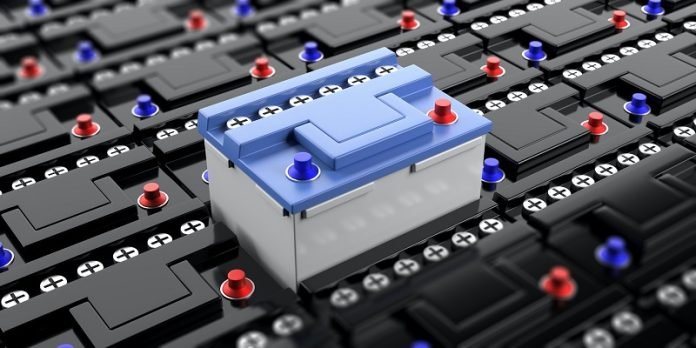
Scientists at the University of Birmingham have made an unexpected discovery that could revolutionize how we make batteries!
By using a straightforward method called ball milling during the manufacturing process, they found out we could make cheaper and more efficient lithium-ion batteries.
These are the types of batteries that power lots of everyday items, like our phones and laptops.
What is Ball Milling?
Ball milling is like a secret cooking recipe for making next-gen battery materials. Imagine having some cooking ingredients (in this case, powder compounds) that you need to mix.
In ball milling, small balls are used to mix these ingredients, making the particles smaller and creating high-capacity electrode materials—kind of like how we mix flour, sugar, and other ingredients to bake a cake! This simple method has been making waves in creating materials for lithium-ion batteries.
The scientists, led by Dr. Laura Driscoll, Dr. Elizabeth Driscoll, and Professor Peter Slater, found out that ball milling does more than just mix the ingredients. Previously, experts thought the method worked primarily because of the heat generated during the process.
But, this team discovered that the impact from the small balls colliding creates high pressure, which plays a vital role in making the battery materials undergo changes.
Professor Peter Slater explained that their discovery was almost by accident while they were exploring the effects of ball milling on lithium molybdate, a model system, to understand more about oxygen in batteries.
They noticed a transformation in the crystal structure of the materials, which typically only happens under high-pressure conditions. To confirm their theory, they tried ball milling three other battery materials and found similar results, proving that pressure, not just heat, was causing these changes.
This discovery means that we can achieve transformations in battery materials with just a few minutes of ball milling, which usually requires energy-intensive equipment and high temperatures and pressures.
Dr. Elizabeth Driscoll, a co-author of the study, highlighted that this breakthrough provides opportunities to develop cheaper, more energy-efficient processes for making batteries and opens doors to explore new materials and improvements in battery performance.
For instance, creating a specific form of Li2MoO4, which was part of their study, typically needed a chamber with extremely high temperature and pressure, more than 10,000 times the pressure of Earth’s atmosphere! But with ball milling, they could achieve the same effect in just minutes!
This exciting discovery is not just great news for scientists but also a ray of hope for the future of battery development and our environment.
As we strive for a more electric future to reduce pollution and achieve net-zero emissions, understanding battery technology better is crucial. This way, we can create the most efficient batteries possible to power our devices and vehicles.
This newfound knowledge of the ball milling process means we are one step closer to a world of new possibilities and discoveries in battery technology. It provides a simpler, more affordable way to produce high-quality batteries, which is essential as we move towards a greener, more sustainable future.
In simpler terms, this research is like finding a new, easier, and faster way to bake a cake without compromising the taste—resulting in better, cheaper, and more efficient batteries for everyone!
Follow us on Twitter for more articles about this topic.
Source: University of Birmingham.



